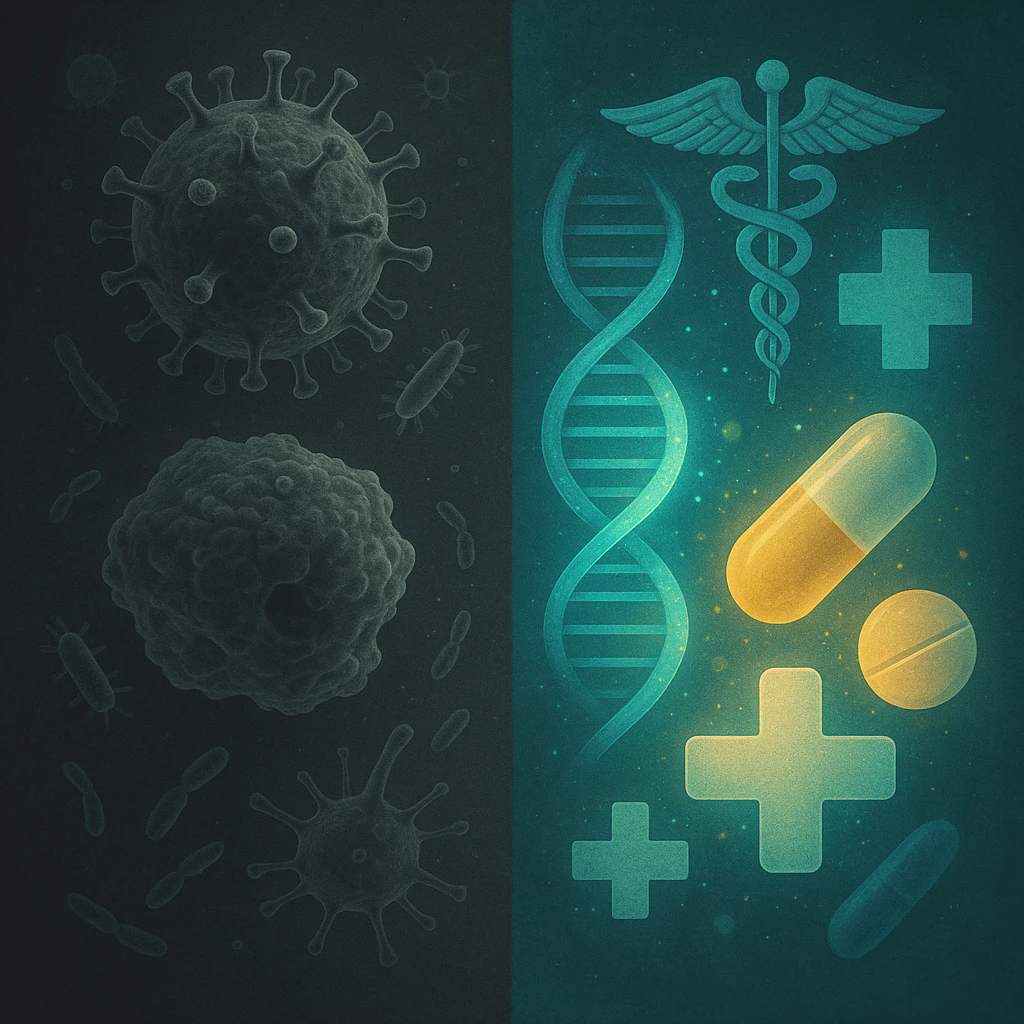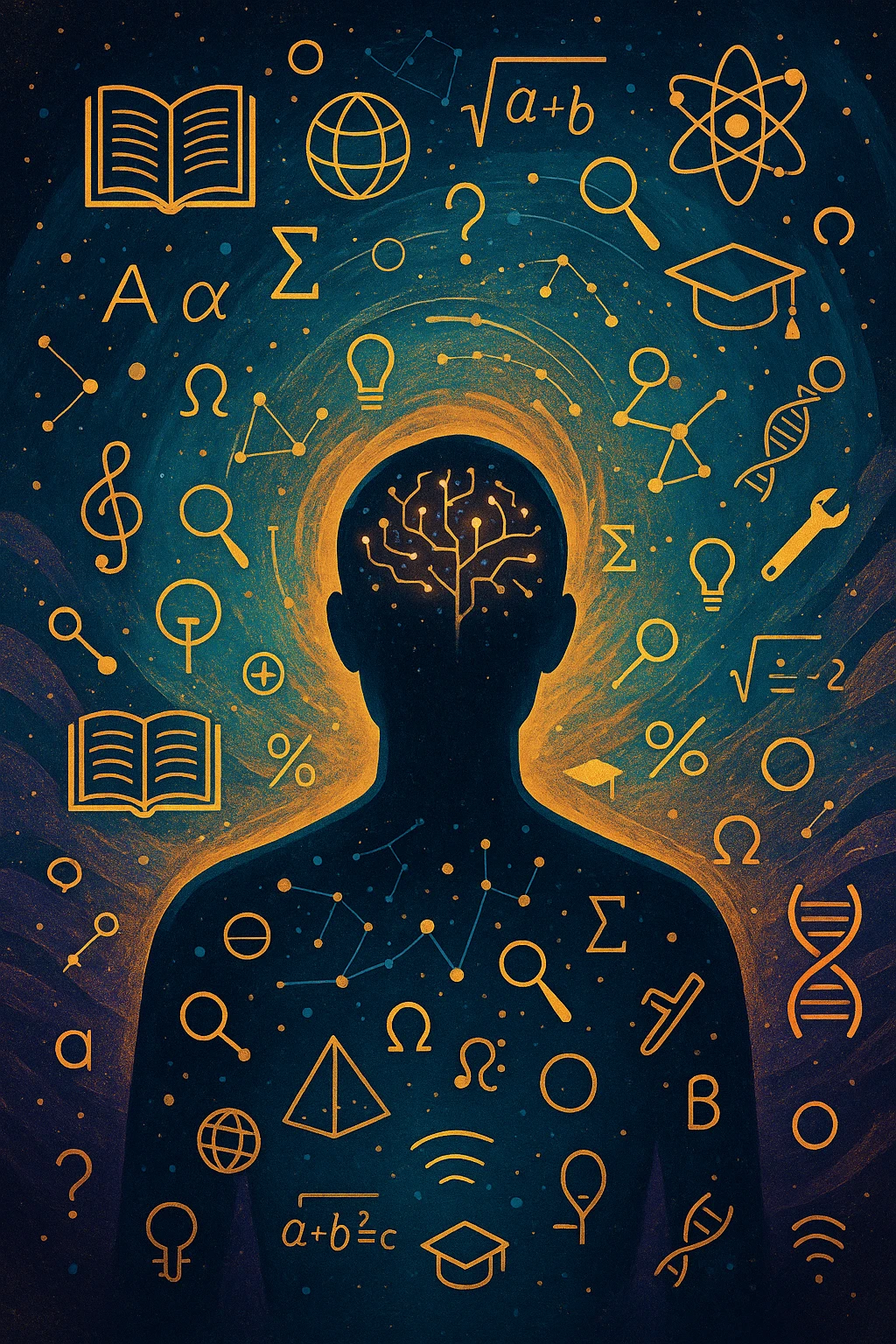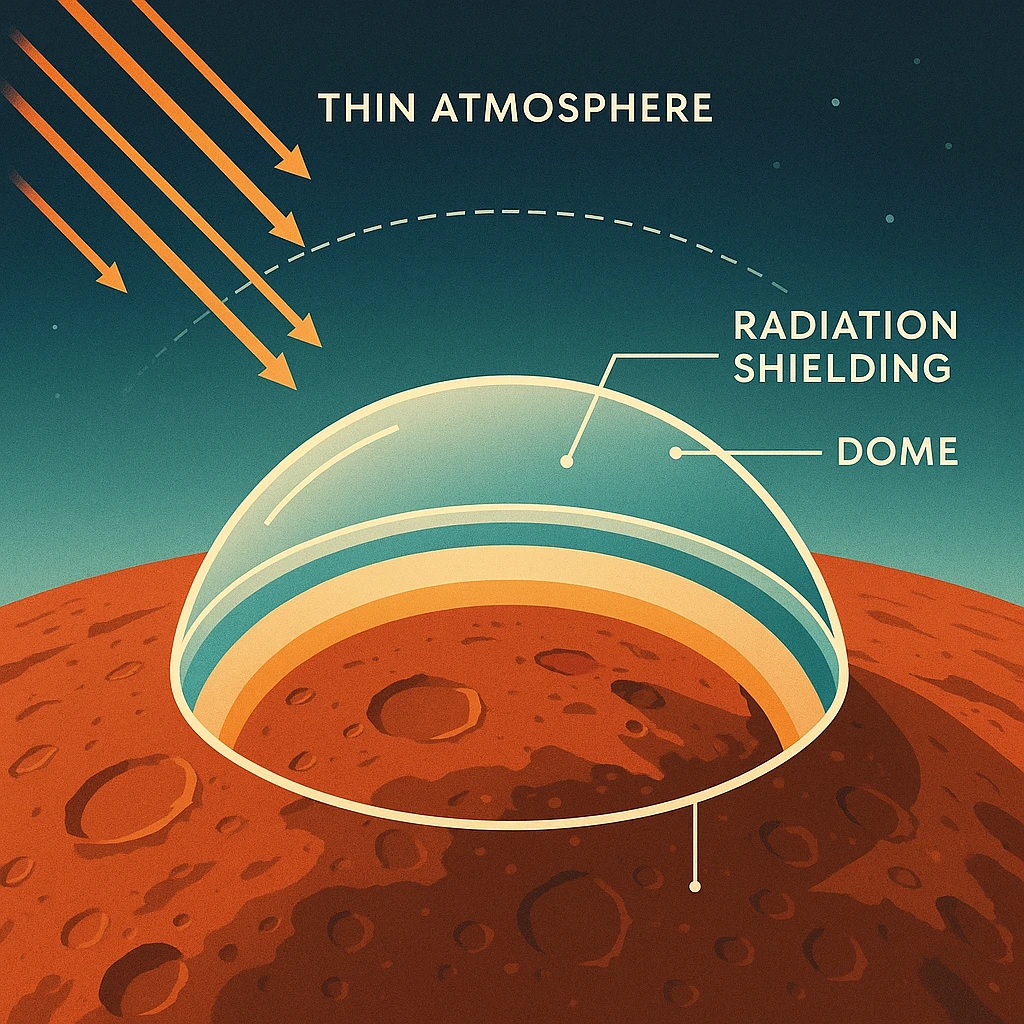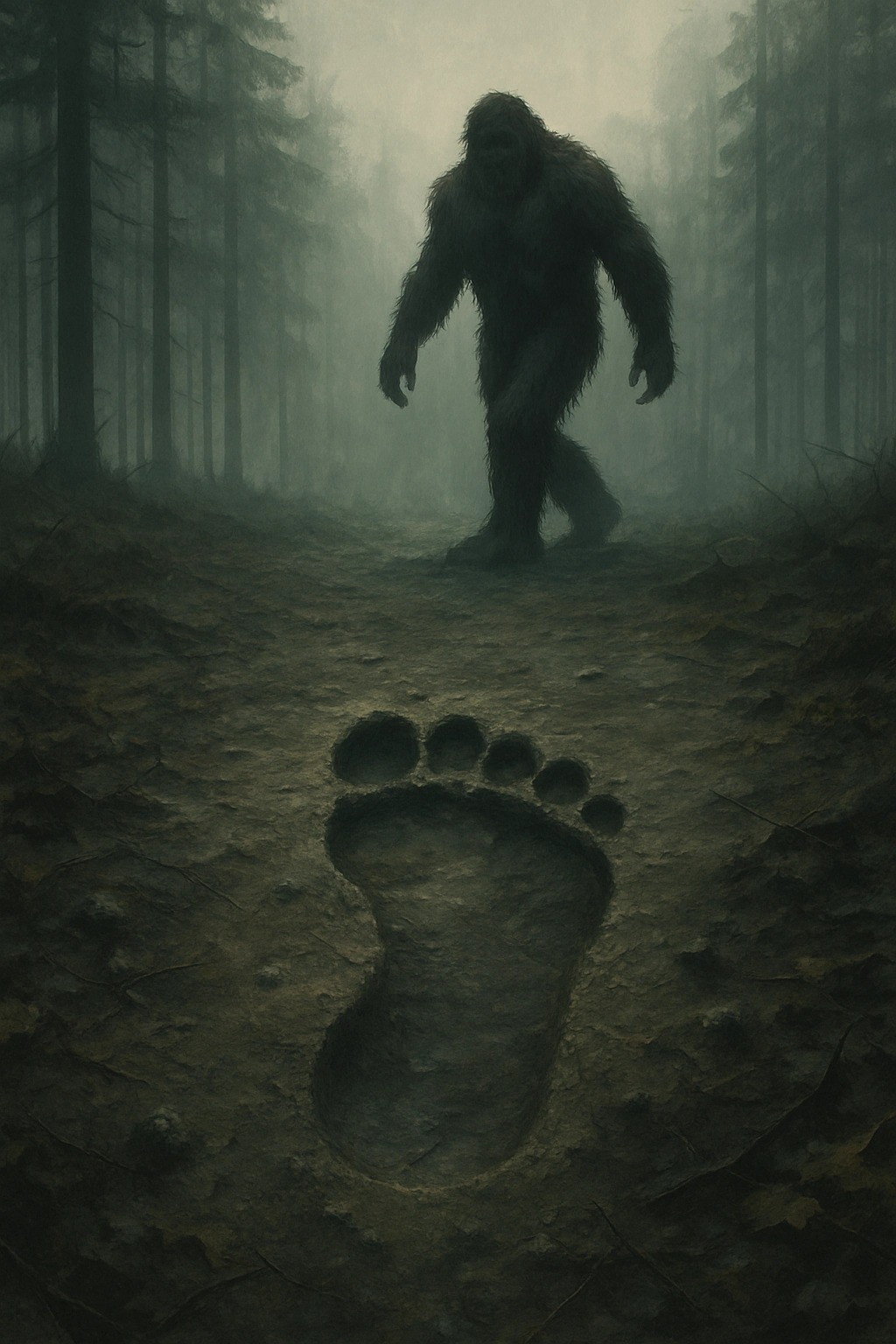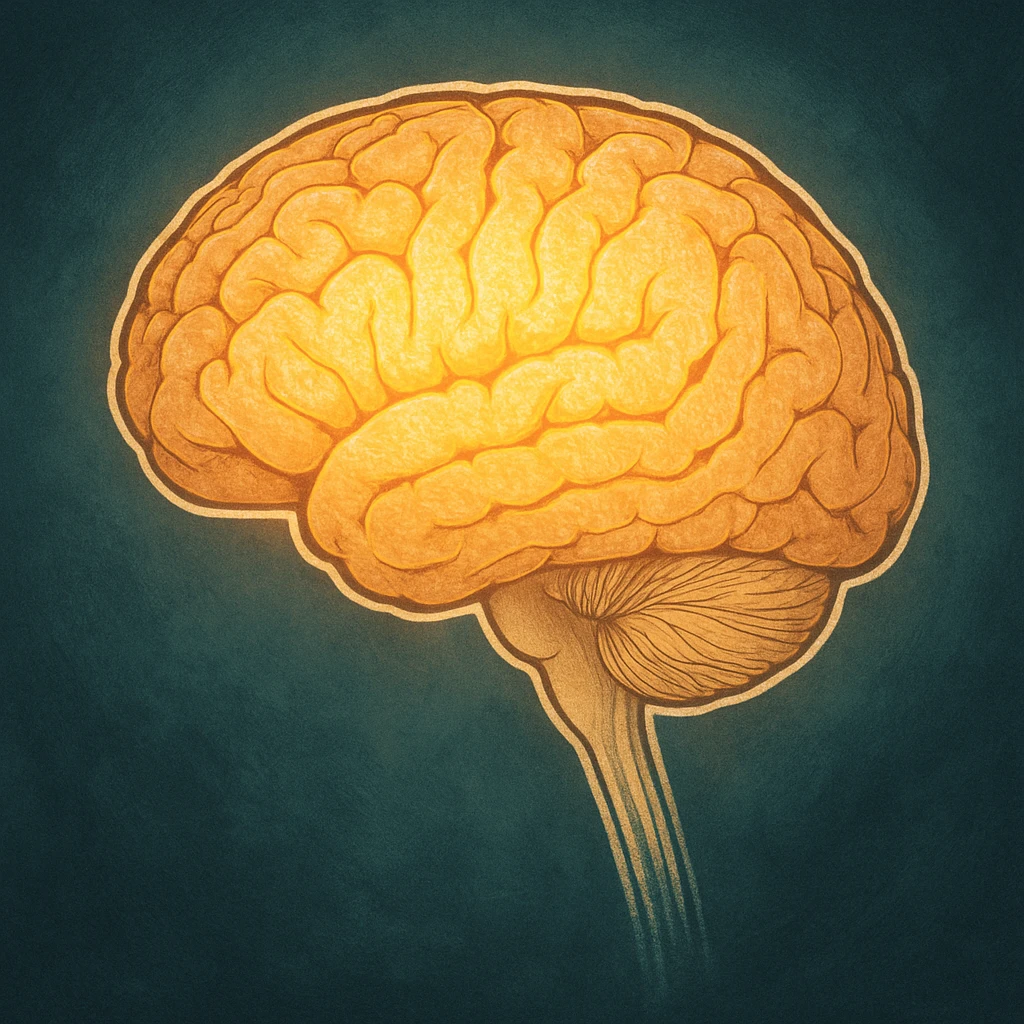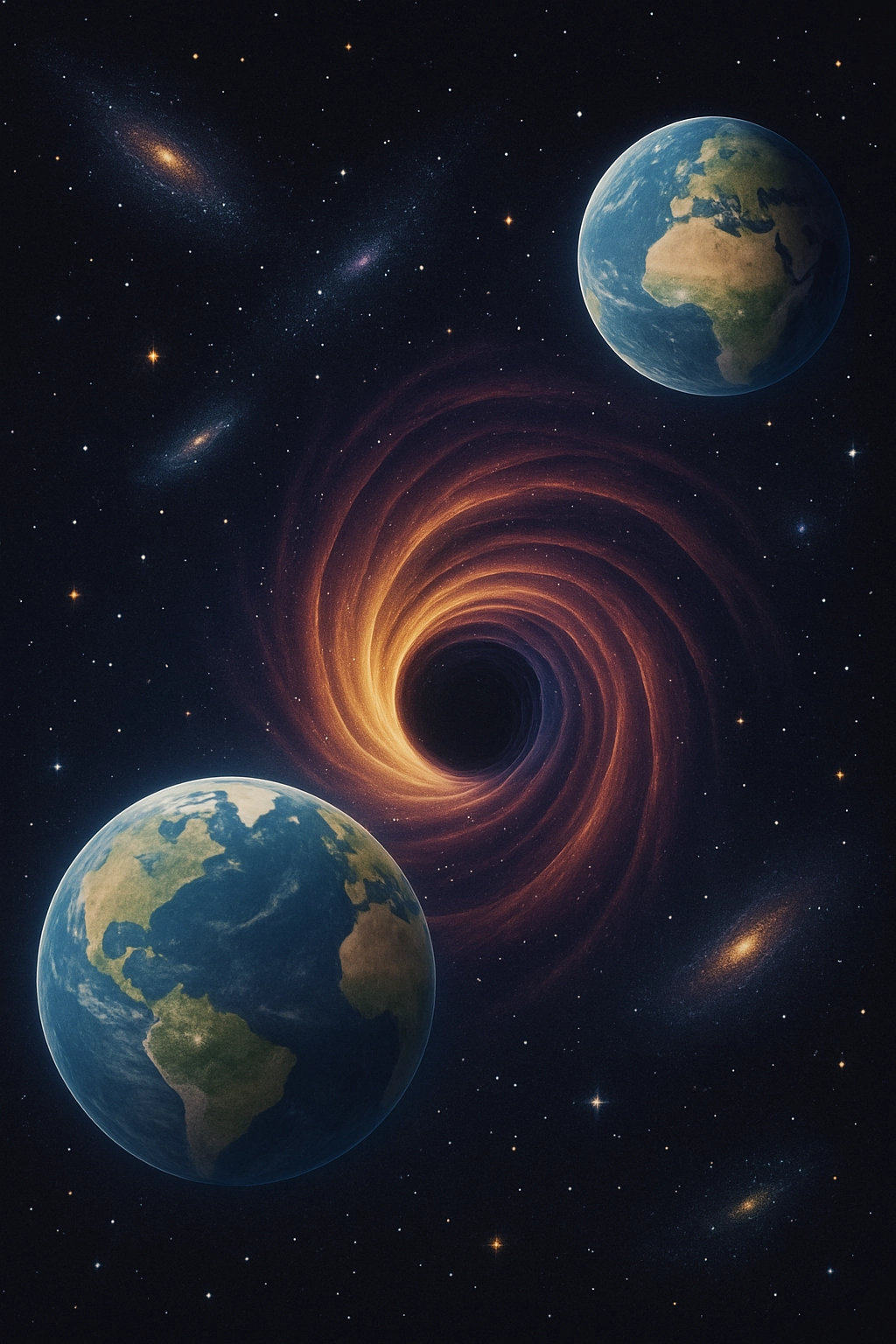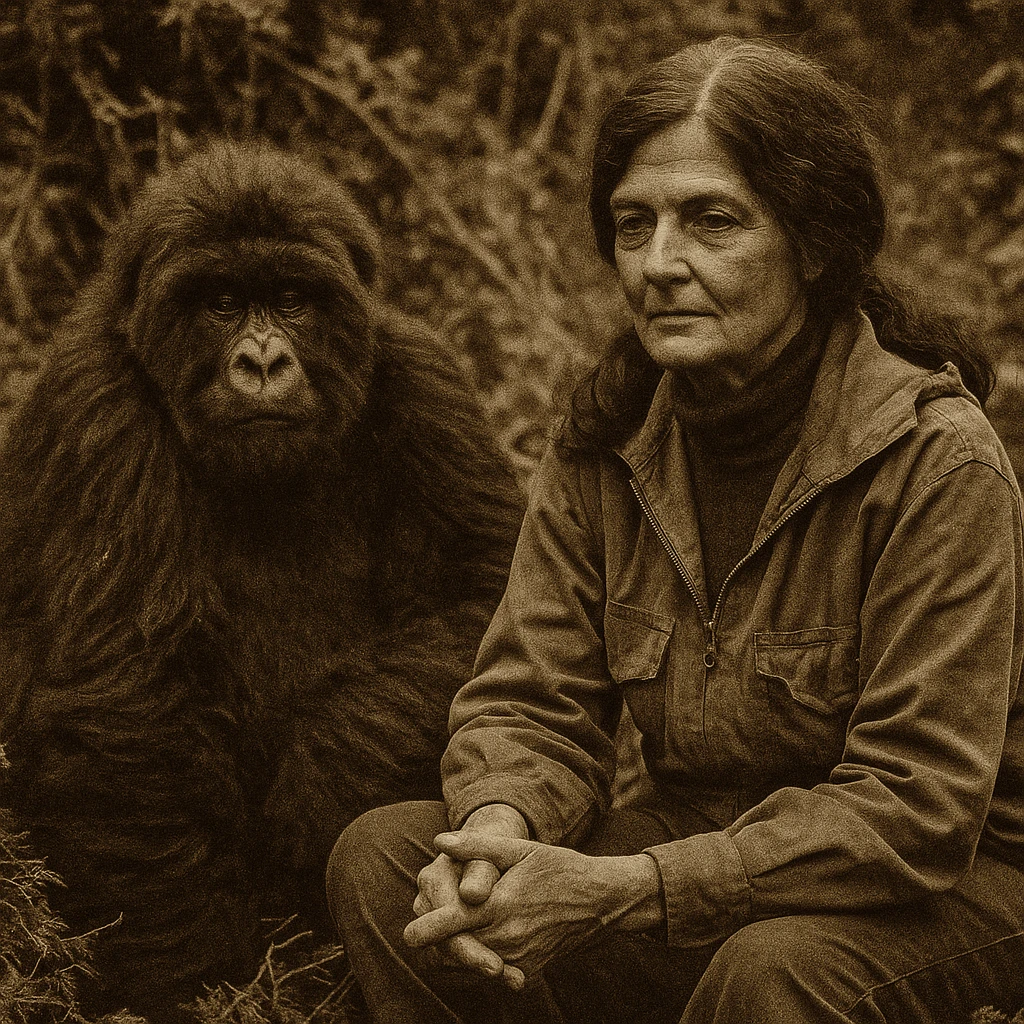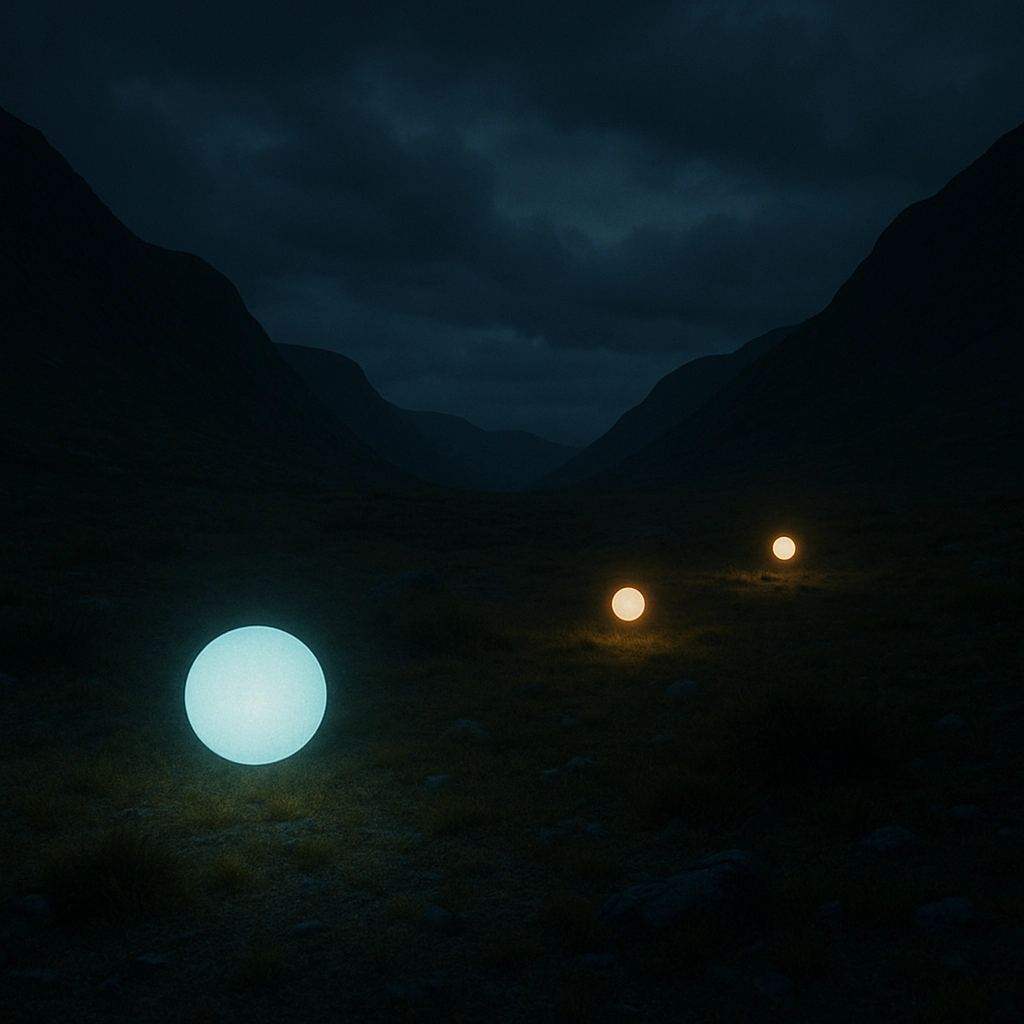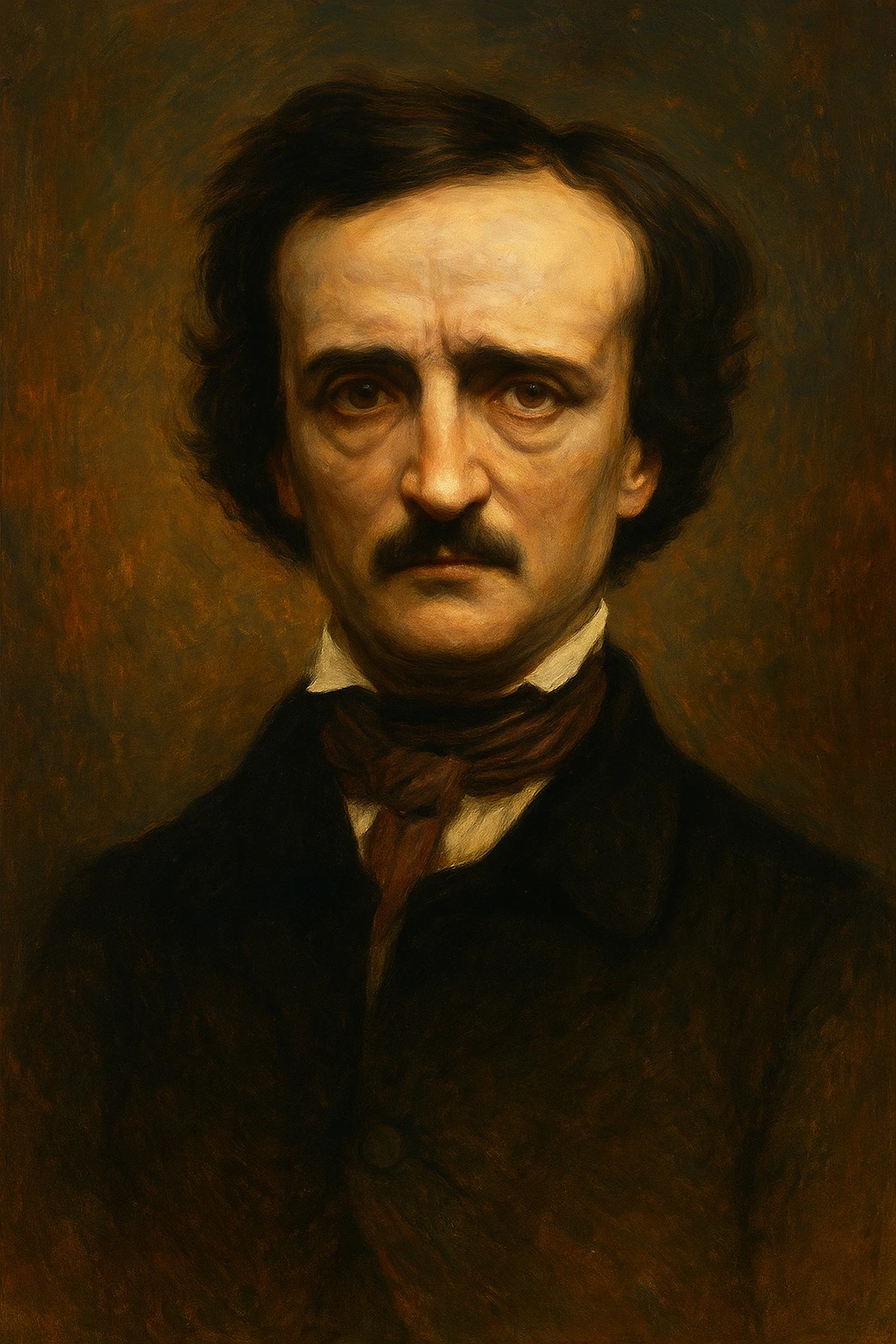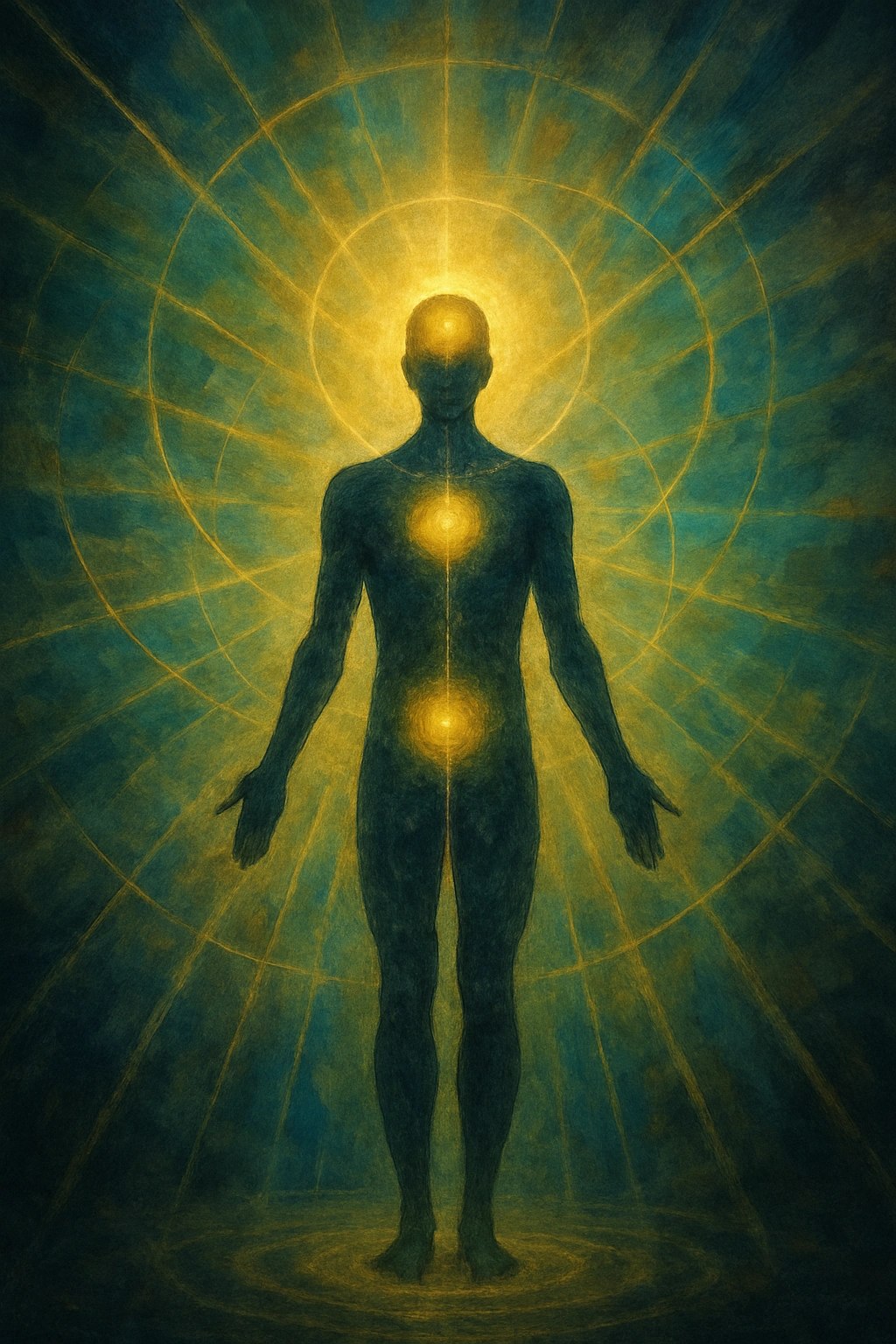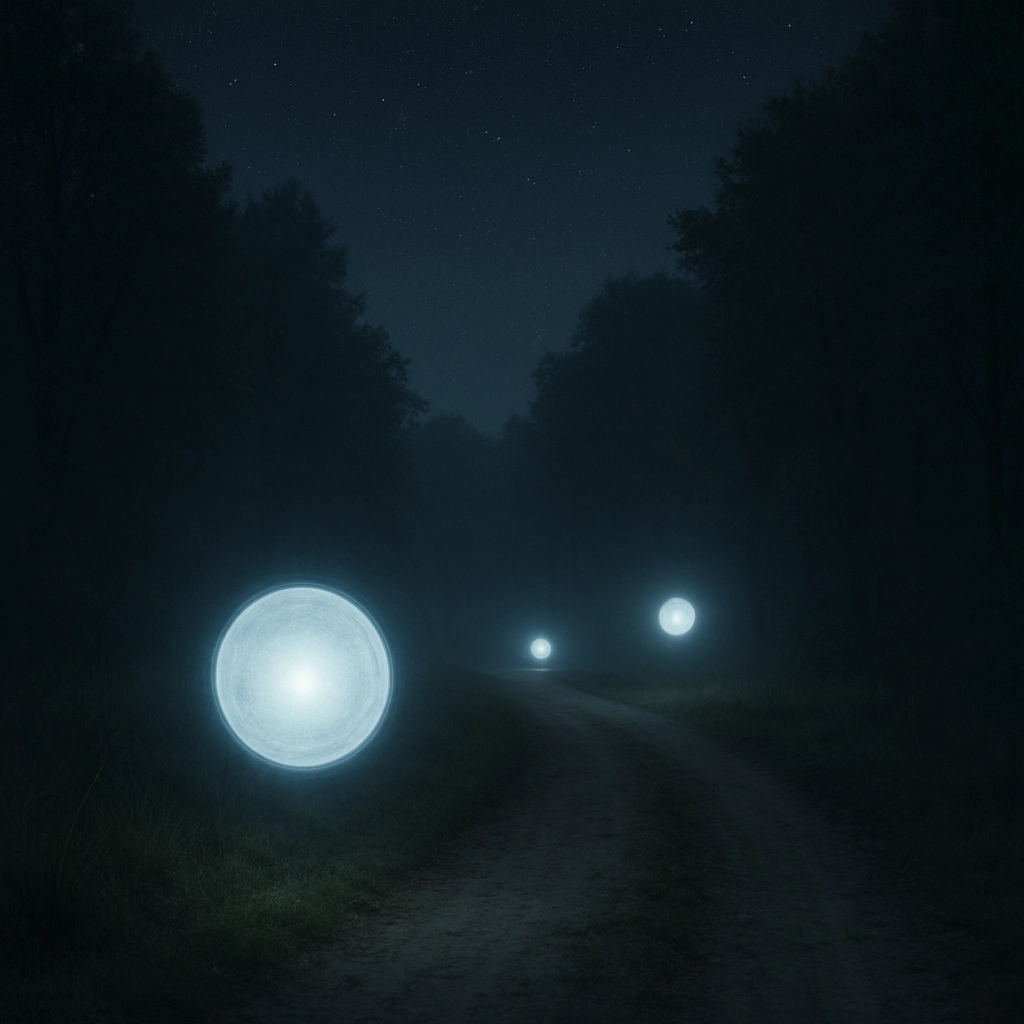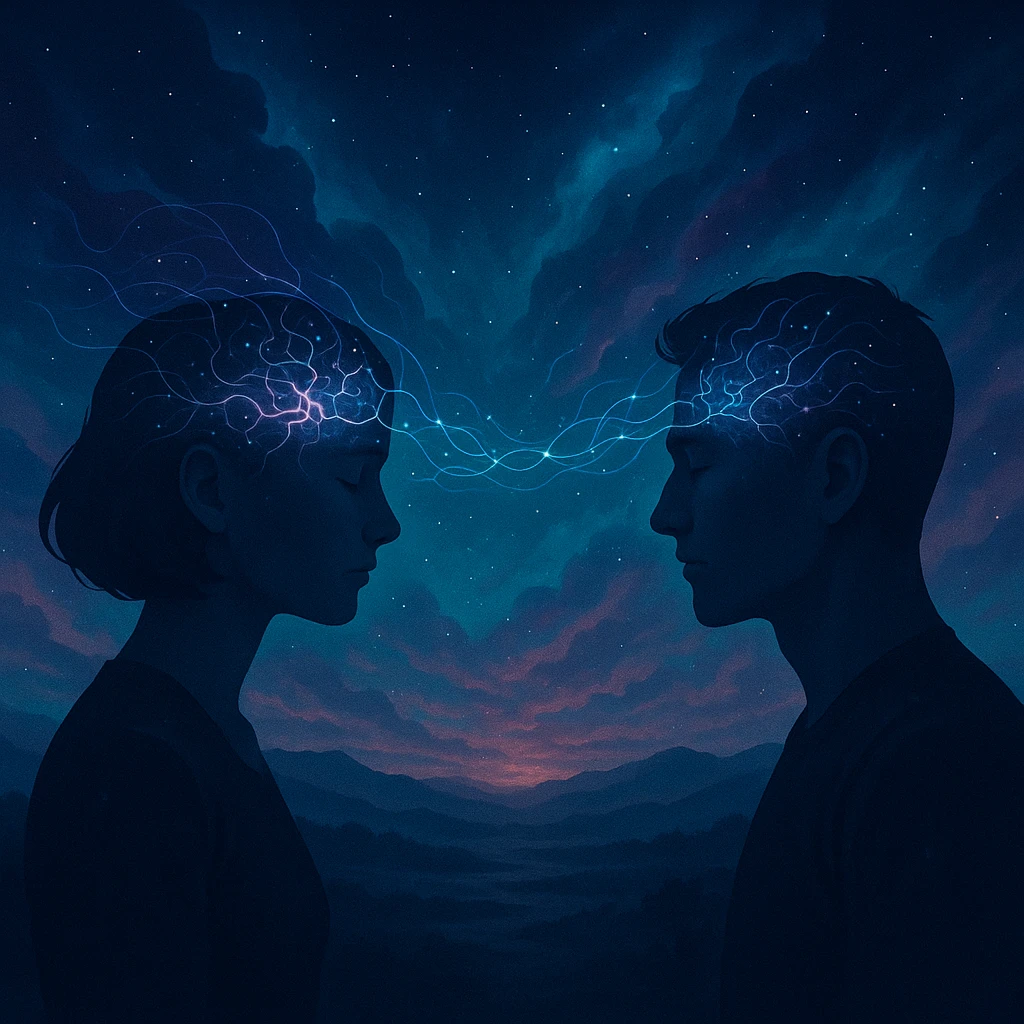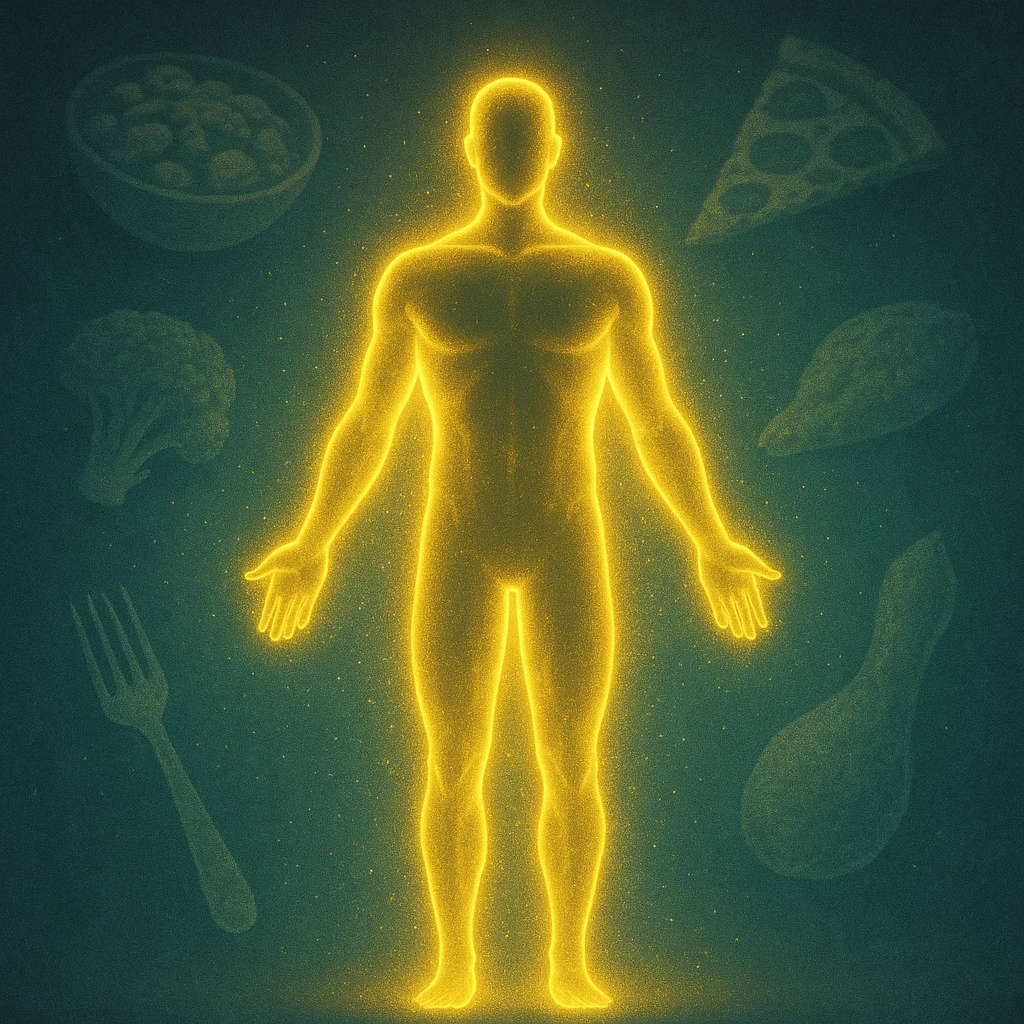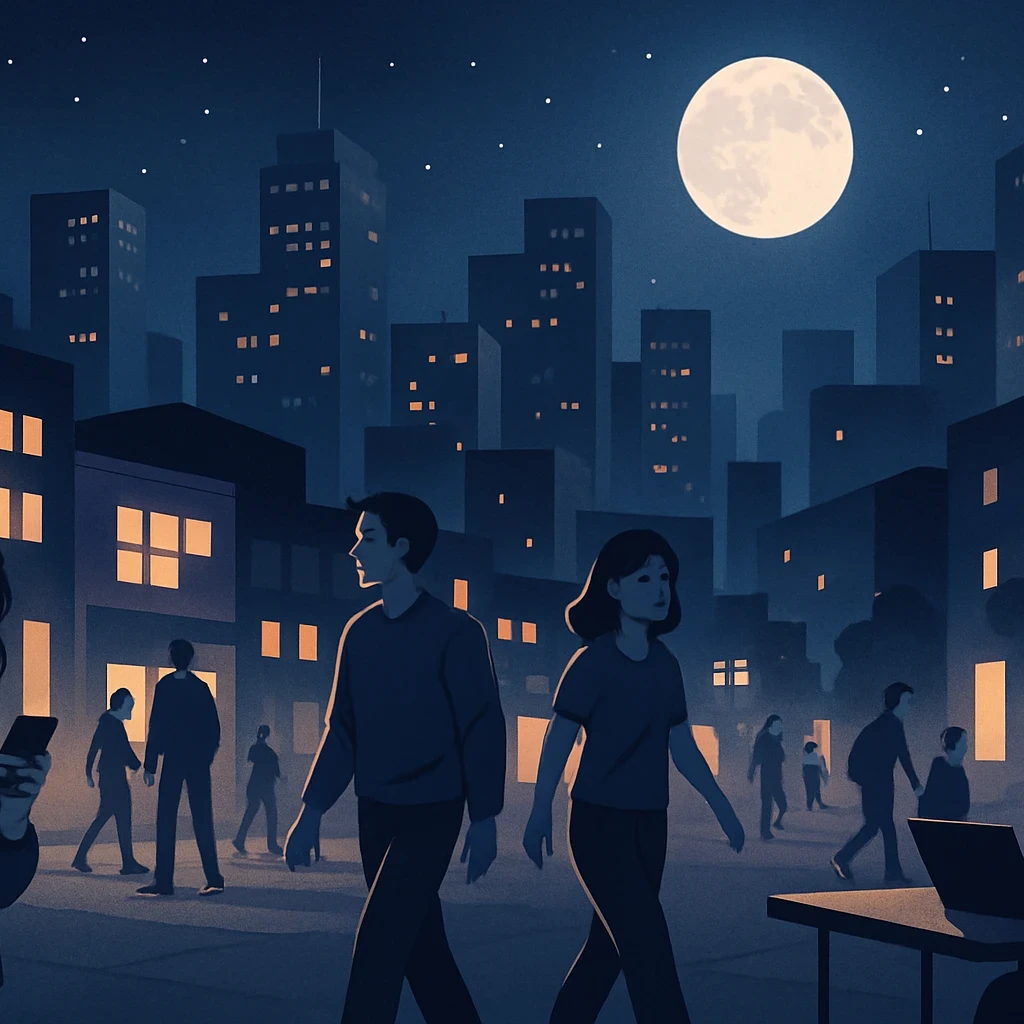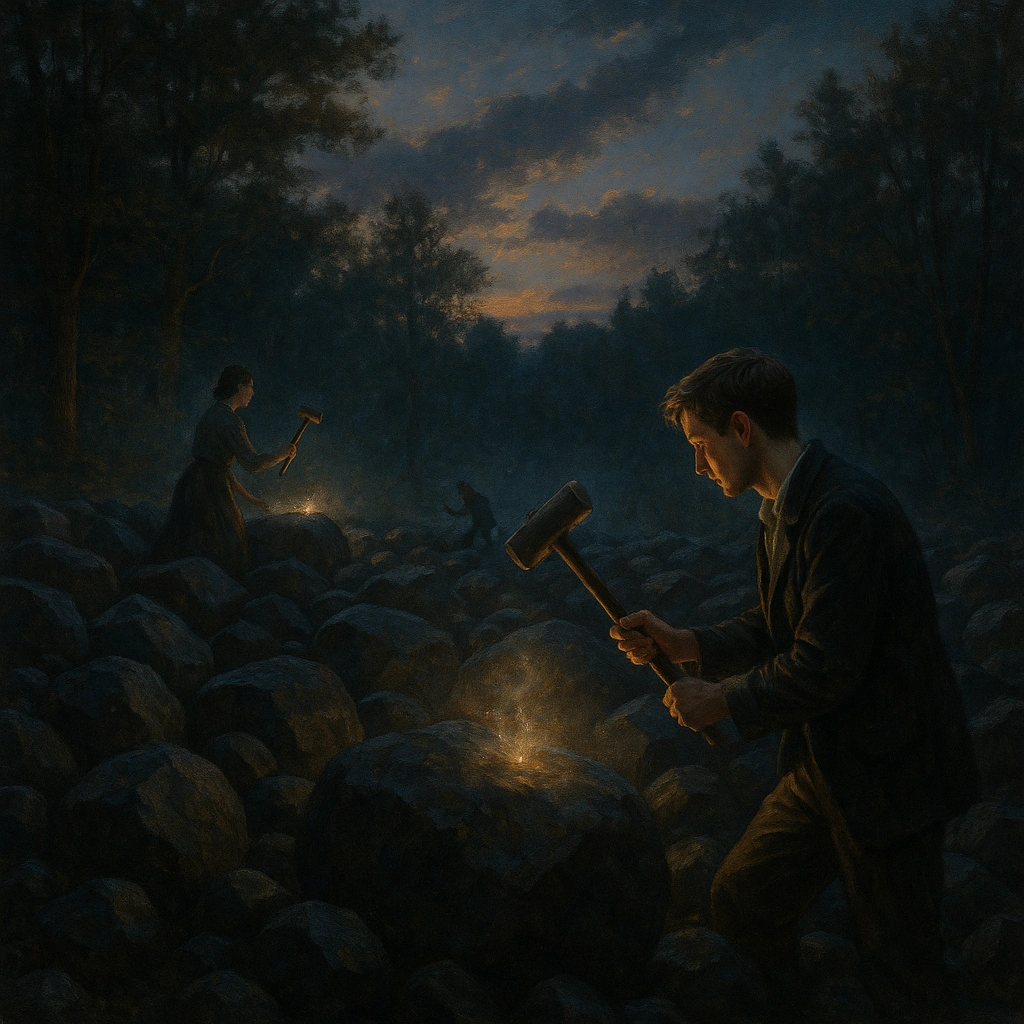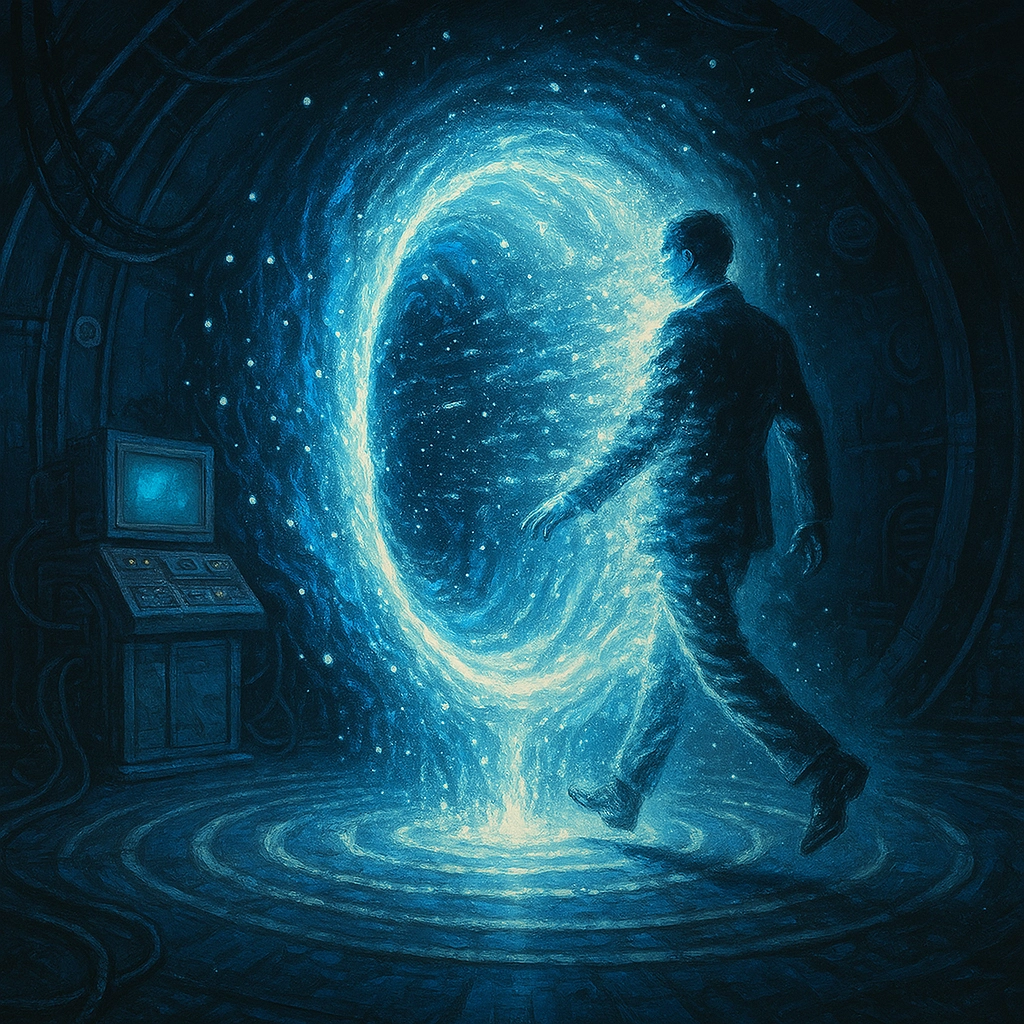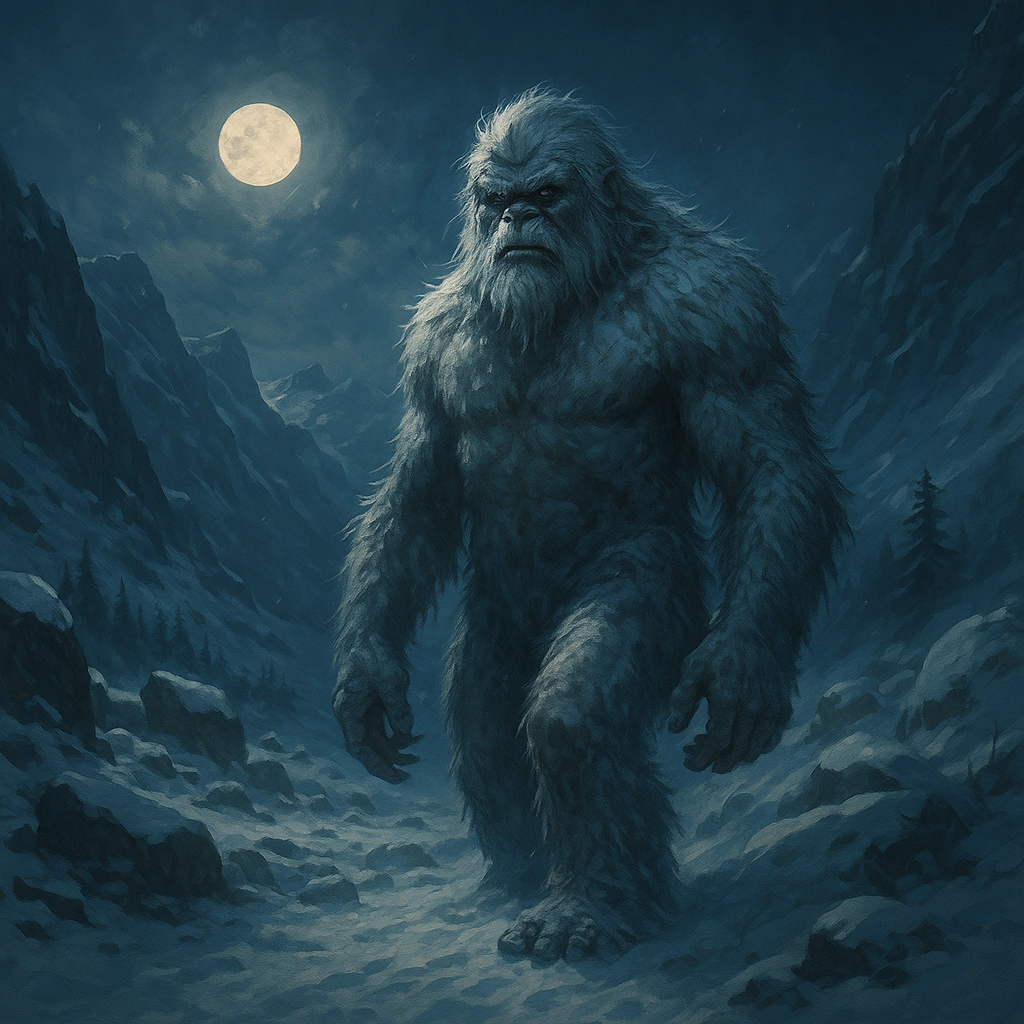The Human Body: Unusual Functions and Hidden Features
Alpha Waves
"Alpha waves in the human brain are between 6 and 8 hertz. The wave frequency of the human cavity resonates between 6 and 8 hertz. All biological systems operate in the same frequency range. The human brain's alpha waves function in this range and the electrical resonance of the earth is between 6 and 8 hertz. Thus, our entire biological system - the brain and the earth itself work on the same frequencies. If we can control that resonate system electronically, we can directly control the entire mental system of humankind."
~ Nikola TeslaAdrenal Glands
In the seventh month of fetal life the Adrenal Glands, located just above the kidneys, are about the same size as the kidneys. At birth they are slightly smaller, and they continue to shrink throughout life. By the time a person reaches old age, the Adrenals are so small they can hardly be seen.Bacteria
If you squeezed out all of the bacteria from your intestines, you could almost fill up a coffee mug.Bladder
Your bladder can actually visibly grow when you feel like you have to pee.Blood
In one year the average human heart circulates from 770,000 to 1.6 million gallons of blood through the body, enough fluid to fill 200 tank cars, each with a capacity of 8,000 gallons. That's 4000 gallons of blood each day. The heart creates enough pressure to squirt blood 30 feet (9 m). Blood travels 60,000 miles (96,540 km) per day on its journey through the body.
The average adult has around 10 pints (1.25 gal) of blood in their body. The Ketchua Indians of the Andes Mountains in South America have 2 to 3 more quarts of blood in their bodies than people who live at lower elevations.
There are approximately 96,000 km of blood vessels in the human body.
Human blood travels 60,000 miles per day on its journey through the arteries, arterioles and capillaries and back through the venules and veins. Your red blood cells do an entire circuit of your body every 60 seconds.
The human body contains 30 000 billion red blood cells.Blood Vessels
If all the blood vessels in a single human body of a child were stretched end to end, they would form a rope capable of going around the world or 60,000 miles of blood vessels. An adult's vessels would be closer to 100,000 miles long! That means an adult's blood vessels could go around the circumference of the world more than 4 times!Body
From the age of thirty, humans gradually begin to shrink in size.Bones
One person in 20 has an extra rib, and they are most often men.
Human thigh bones are stronger than concrete.
When you were born, you had 300 bones. Now you have 206, if you are an adult. The rest of the bones have not disappeared - they have merely fused together.Brain
About 20% of your oxygen as well as your calorie intake go directly toward fueling your brain!
The human brain uses about 200 kilocalories per day, which equates to approximately 10 watts of power. For comparison's sake, that's about 10 percent of the power that it takes to run a 100-watt light bulb. So the cartoon image of a light bulb over your head when a great thought occurs isn't too far off the mark. Your brain generates as much energy as a small light bulb even when you're sleeping.
The human brain stops growing at the age of 18.
The average human brain has about 100 billion nerve cells. The brain of Neanderthal man was larger than that of modern man.
When you look at an object, the image of that object appears upside down on your retina. However, your brain automatically corrects for this, allowing you to perceive the object the right side up.
Brain surgery is done with the patient still awake. The brain has no nerves therefore it has no sensation. The person is put to sleep to open the skull but after that the person wakes up to see the operation be completed.Breath
An adult sitting in a relaxed position inhales approximately one pint of air with every breath.Capillaries
Human lips have a reddish color because of the great concentration of tiny capillaries just below the skin. The blood in these capillaries is normally highly oxygenated and therefore quite red. This explains why the lips appear pale when a person is anemic or has lost a great deal of blood. It also explains why the lips turn blue in very cold weather. Cold causes the capillaries to constrict, and the blood loses oxygen and changes to a darker color.
If you stretched out all of the capillaries in your lungs tip to tip they would reach just about the distance from Atlanta to Los Angeles.Cell
25,000,000 of your cells died while you read this sentence. It's okay though, your body made more than 300 billion new ones today. The cells that make up your body are dying and being replaced all the time. This happens so often that about every 7 years you have a completely new body of cells. While this is true for most cells, such as the cells lining the stomach, some of the most important cells in your body (those of your bones, your brain, and your heart) don't regenerate much at all, so treat them with care.
Only in one single cell, there are 100,000 chemical reactions that take place every second.
Your entire body is made up of around 75 trillion cells. Each one of your cells is like a small city with thousands of different types of complex molecules interacting with each other to keep you alive and conscious. When you compare this to the 400 billion stars in our galaxy, you can understand just how magical your existence really is. So the next time you are feeling down or insignificant, simply remember, you are made of 75,000,000,000,000 cells, and that's far from "insignificant"!
There's about 6 trillion separate operations going on in every cell in every second.
Ancient Chinese philosopher Lao Tzu once said: "Watch your thoughts; they become words. Watch your words; they become actions". Your mind is a powerful machine and controls every function of the body. But the good news is you have the power to control your mind. Experiencing positive thoughts leads to more positive thoughts and an even broader view of everything around us. For example, positive thoughts can strengthen your immune system while negative thoughts can bring it down.DNA
We share 98.4% of our DNA with a chimp - and 70% with a slug.Embryo
During the first six weeks of life, there is no difference between the male and female embryo.Eye
The lens of the eye continues to grow throughout a person's life.Eyes
It's next to impossible to sneeze with your eyes open. There have reported cases where someone has been able to forcefully keep their eyes open during a sneeze, however this is very rare. When you sneeze, all your bodily functions stop even your heart.
The average human male blinks their eyes 6,205,000 times each year but women blink nearly twice as much.
On average, your eye muscles contract about 100,000 times a day.Feet
The soles of your feet contain more sweat glands and more pressure-sensitive nerve endings per square inch than any other part of your body.Fingers
Human fingers stretch and bend about 25 million times in a normal lifetime.Germs
More germs are transferred shaking hands than kissing.Hair (Facial)
Blonde beards grow faster than darker beards.
Hair
The hair of an adult man or woman can stretch 25 percent of its length without breaking. If it is less elastic, it is not healthy.
Apart from its vulnerability to fire, human hair is almost impossible to destroy. It decays at such a slow rate that it is practically nondisintegrative. It cannot be destroyed by cold, change of climate, water, or other natural forces, and it is resistant to many kinds of acids and corrosive chemicals. This is why it clogs sinks and drainpipes.
An average human scalp has 100,000 hairs.Head
The average human head weighs around 8 pounds and the skull is made up of 29 different bones.Heart
Your heart beats around 30 million times a year and will beat 3,000 million times in a lifetime.
Your heart beats 100 000 times a day.
A woman's heart beats faster than a man's.Intestines
If one were to unravel the entire human alimentary canalesophagus, stomach, large and small intestines-it would reach the height of a three-story building.Itching
An itch is a stimulus affecting the nerve endings between the dermis and epidermis; scientists liken it to a form of pain. But that's neither here nor there. It's usually caused by histamine released in the epidermis. Scratching stops it, either by interfering with the nerve impulses or by temporarily damaging the nerves themselves.Kidney
The kidneys filter your blood up to 300 times per day. There are 1 million filters in every kidney, and they clean about 1.3 liters of blood each minute and push out around 1.5 liters of urine every day.Knees
If you lock your knees while standing long enough, you will pass out.Laughing
People who laugh a lot are much healthier than those who don't. Dr. Lee Berk at the Loma Linda School of Public Health in California found that laughing lowers levels of stress hormones, and strengthens the immune system. Six-year-olds have it best - they laugh an average of 300 times a day. Adults only laugh 15 to 100 times a day.Lungs
A person breathes 7 quarts of air every minute.Muscles
Your jaw muscle is the most powerful muscle in your body.Nails
It can take up to six months to grow a new nail or toenail back completely.Nerves
The speed of nerve impulses varies enormously but the fastest travel at about 250 mph. That's as fast as a Formula 1 racing car! However this demand for speed uses a lot of energy and is found only in neurons that need to transfer information urgently. For example, if you burn your fingers it is important that your brain gets the message to withdraw your hand very quickly.Noise
Experiments conducted in West Germany and at the University of Southampton in England show that even mild and incidental noises cause the pupils of the eyes to dilate. It is believed that this is why surgeons, watchmakers, and others who perform delicate manual operations are so bothered by uninvited noise; the sound causes their pupils to change focus and blur their vision.Nose
All people have their own unique smell-- except for twins!Pain
Pain travels through the body at 350 feet per second.Philtrum
The indentation in the middle of the area between the nose and the upper lip has a name. It is called the philtrum. Scientists are somewhat baffled as to what purpose this concavity serves, and their theories by no means agree. Among the ancient Greeks this innocent little dent was considered one of body's most erogenous zones.Prostate
Dogs and humans are the only animals with prostates.Saliva
On average a person produces enough saliva in their lifetime to fill two swimming pools.
We need our saliva to dissolve something before we can taste it.Skin
A typical surgical Skin graft is done with a slice of Skin eight thousandths of an inch thick. Skin grafts for burn victims very often come from baby foreskin.
Each person sheds 22 kilograms of skin in his or her lifetime.
Skin is the largest organ of the human body.
One square inch of skin on the human hand contains some 72 feet of nerve fiber. There is a total of 45 miles (72 km) of nerves in the skin.
If you stretched out the skin of an adult male it would span about 20 feet.Spine
Due to cartilage compression in your spine, you will be a whole 1 centimeter shorter when you go to sleep at night than when you woke up.Stomach
Your stomach creates cells faster than it destroys them-- that is why your stomach doesn't end up destroying itself.
There are 35 million digestive glands in the stomach.Sex
An average of 400 million sperms are contained in a single human ejaculation.
The amount of energy expended during sexual intercourse is roughly equivalent to the amount required to climb two flights of stairs.
Men reach the peak of their sexual powers in their late teens or early twenties, and then begin a slow decline. Usually they are past their sexual prime by their late forties. Women, on the other hand, do not reach their sexual peak until their late twenties or early thirties, and they remain at this level through their late fifties or early sixties.Sleep
A person will die from lack of sleep sooner than they will from starvation, which usually takes a few weeks.Smell
The human sense of smell is so keen that it can detect the odors of certain substances even when they are diluted to 1 part to 30 billion.Sperm
Men produce enough sperm on a daily basis to repopulate the earth in six months.Spleen
Runners in ancient Greece believed that the Spleen was a hindrance to endurance and long-distance running. Consequently they had a vast pharmacopoeia, of herbal concoctions especially designed to shrink this vital organ. One popular Spleen-shrinker was a beverage made from a plant of the genus Equisetum. The drink was mixed with a variety of herbs and taken for three days before a race. According to contemporary witnesses, it proved enormously helpful in promoting endurance (whether it shrank the Spleen we do not know). Hippocrates, the famous Greek physician, mentioned a certain mushroom that, when burned over the area of the Spleen, melted the organ completely.Sunburn
A simple, moderately severe sunburn damages the blood vessels to such an extent that it takes four to fifteen months for them to return to their normal condition.Stomach
Although your system cannot digest gum like other foods, it won't be stuck inside of you forever. It comes out with other waste your body can't use.Survival
Even it the stomach, the spleen, 75 percent of the liver, 80 percent of the intestines, one kidney, one lung, and virtually every organ from the pelvic and groin area are removed, the human body can still survive.Sweat
You produce about a pint of sweat daily, and it all comes from your half-a-million sweat glands.Taste
A person cannot taste food unless it is mixed with saliva. For example, if a strong-tasting substance like salt is placed on a dry tongue, the taste buds will register nothing. As soon as a drop of saliva is added and the salt is dissolved, however, a definite taste sensation results. This is true for all foods. Try it.Teeth
20 million Americans lose all their teeth yearly.
One in every 1000 babies is born with a tooth.
Tooth decay has led to 60 percent of adult Americans losing their upper right, middle molar.Tongue
By age sixty, most people have lost half of their taste buds.Water
The human body is comprised of 80% water.
A loss of 20 percent of the body's water would result in certain and painful death. Ordinarily the body cannot go more than a week and a half without water. The longest recorded time anyone has gone without water is eleven days.Weightlessness
When astronauts remain weightless in space for prolonged periods, scientists have discovered, their bones lose a measurable amount of weight and thickness. This means that weightlessness actually causes human beings to shrink.



